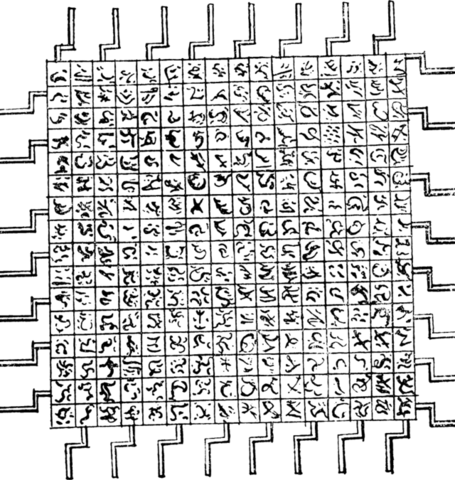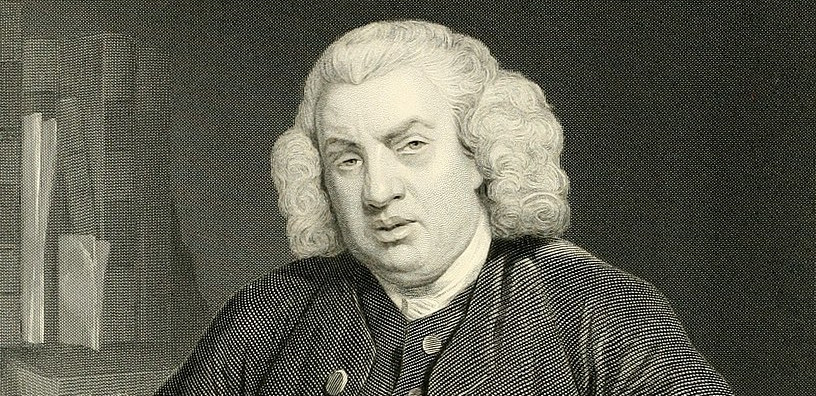Excerpts from the literary notebooks of Thomas Hardy:
- “Loughborough used to say, ‘Do what you think right, & never think of what you are going to say to excuse it beforehand.’ — a good maxim.”
- “Bonaparte had not the patience requisite for defensive operations, said Wellington.”
- “Miracles, scriptural & ecclesiastical — how make a difference?”
- “Brahms – The individual character of his ideas. … With him beauty seems to hold a place subordinate to expression.” [Grove Dictionary of Music]
- “‘Be it so; then minimize pain.’ Words of Jeremy Bentham when his physician told him he was about to die.” [F.R.E. Dowden]
- “Epicurean philosophy – always in vogue in declining & sickly states.” [Life of Virgil]
- “Indirect road to honour. Virgil’s introduction to Octavius was because of his reputation as a horse doctor.”
- “Caesar, & Brutus, tampered with the muses. Poems curiously bound, & lodged in the most famous libraries; but neither the sacredness of those places, nor the greatness of their names, cd. preserve ill poetry.”
- “You will find, perhaps to your surprise, that nine-tenths of all human suffering endured by men is useless.” [Tolstoy]
- “Swift says some men know books as others do lords: learn their titles & then boast of their acquaintance with them.”
- “Like all persons who have looked a great deal at human life, Balzac had been greatly struck by most people’s selfishness.” [Henry James]
- “A fair test of the value of an institution is this — Supposing it did not exist, should we set about to establish it?” [Montague Cookson]
- “It is the customary fate of new truths to begin as heresies & to end as superstitions.” [Thomas Huxley]
- “The scientific spirit is of more value than its products; & irrationally held truths may be more harmful than reasoned errors” [Huxley]
- “The artist may be known rather by what he omits.” [Schiller]
- “Nothing is so great as it seems beforehand.” [George Eliot]
“‘He who has to act on his own responsibility is a slave if he does not act on his own judgment.’ Saying of Sir H. Edwardes — highly valued by Livingstone.”



